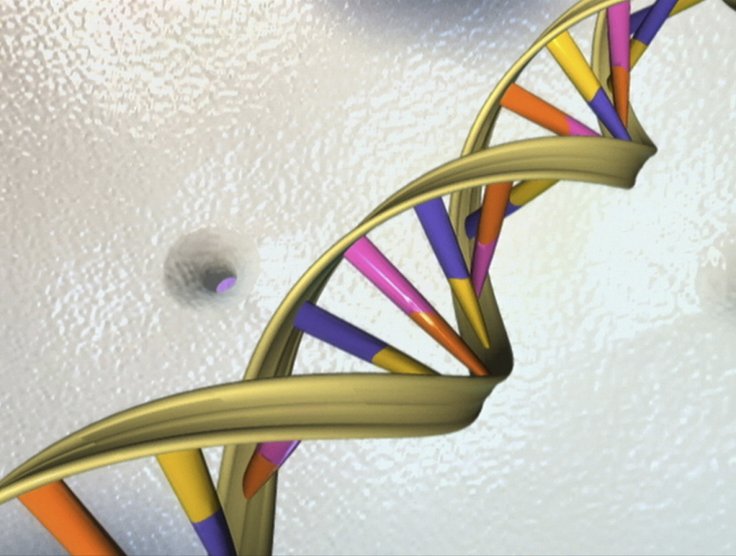
A team of researchers has developed a mini, portable paper-based DNA test that can rapidly diagnose diseases as well as display results that can be seen with the naked eye, working just like common pregnancy tests.
The test -- also known as SHERLOCK (Specific High Sensitivity Reporter unLOCKing)-- indicates the presence of the target molecule after the simple paper strip is dipped into a processed sample.
This new feature helps to pave the way for field use, such as during an outbreak.
The innovations are built upon the first version of SHERLOCK, developed in 2017, and adds to a growing field of research that harnesses CRISPR systems for uses beyond gene editing.
"SHERLOCK provides an inexpensive, easy-to-use, and sensitive diagnostic method for detecting nucleic acid material -- and that can mean a virus, tumour DNA, and many other targets," said Feng Zhang from the Massachusetts Institute of Technology (MIT).
"The SHERLOCK improvements now give us even more diagnostic information and put us closer to a tool that can be deployed in real-world applications," Zhang added.
In the new SHERLOCK version, detailed in the journal Science, researchers have increased the sensitivity of SHERLOCK and added 100-fold greater sensitivity to detect multiple targets within genetic signatures.
Together, these advancements accelerate SHERLOCK's ability to quickly and precisely detect genetic signatures -- including pathogens and tumour DNA -- in samples.
In addition, the tool also enables in detecting cell-free tumour DNA in blood samples from lung cancer patients and to detect synthetic Zika and Dengue virus simultaneously, in addition to other demonstrations, the researchers noted.
"The technology demonstrates potential for many healthcare applications, including diagnosing infections in patients and detecting mutations that confer drug resistance or cause cancer, but it can also be used for industrial and agricultural applications where monitoring steps along the supply chain can reduce waste and improve safety," Zhang said. (IANS)









